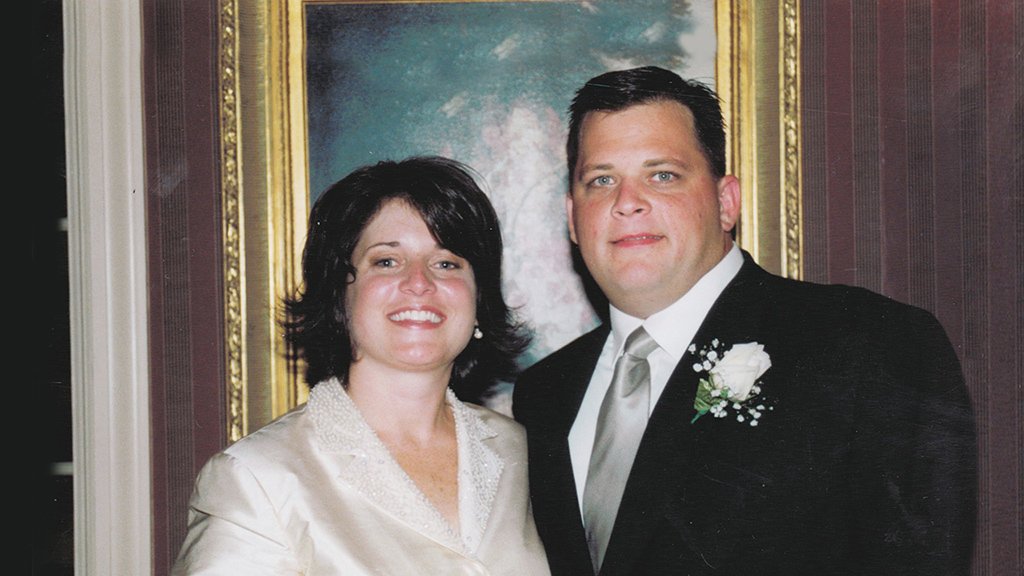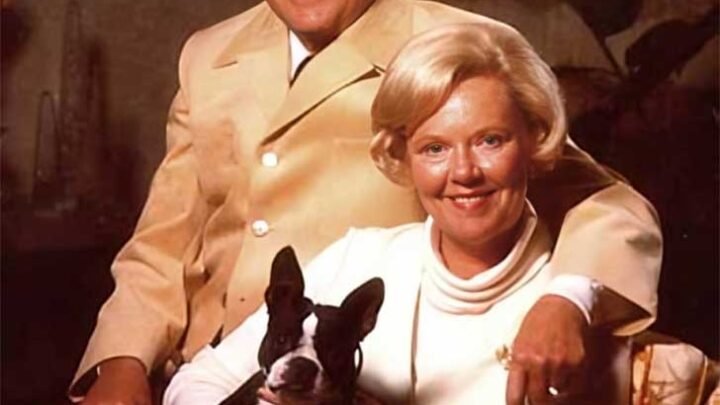When we imagine a typical summer day, we imagine sunny skies, laughter, and family road trips. However, for the Schuler family, one such day in July 2009 ended in tragedy. The name Diane Schuler has since been linked to one of the most devastating car accidents in recent memory, leaving many to ask: what went wrong? As details unfolded, Diane’s story became a puzzle filled with heartache, questions, and controversy. Yet, despite the tragedy, this incident serves as an important reminder of the complex issues surrounding mental health, addiction, and the unpredictable nature of life.
Who Was Diane Schuler?
By all accounts, Diane Schuler was a loving mother, wife, and professional. At 36, she appeared to have it all together—a career in the cable industry, a stable marriage, and two beautiful children. Friends and family described her as a “supermom” who was easily in control and juggling work and family life. Diane Schuler seemed like the last person who would be involved in such a tragic incident, making what followed even more puzzling.
The Events of That Fateful Day
On July 26, 2009, Diane Schuler, her two children, and her brother’s three daughters set off from a campground in upstate New York to return home to Long Island. The drive should have been routine, but it turned into a nightmare. Diane drove her minivan the wrong way on the Taconic State Parkway for nearly two miles before colliding head-on with another vehicle. The crash killed eight people, including Diane, her daughter, her three nieces, and the three people in the other vehicle. It was one of the deadliest crashes in New York’s history.
Key Points About the Accident:
- The crash occurred around 1:30 PM on a Sunday.
- Witnesses reported seeing Diane driving aggressively at speeds exceeding 85 miles per hour.
- Multiple calls were made to 911, reporting a van driving incorrectly.
- The accident resulted in the deaths of eight people, with only Diane’s son surviving the crash, though he was seriously injured.
The Toxicology Report: A Shocking Revelation
In the aftermath of the crash, investigators scrambled to understand what had gone wrong. How could a responsible mother like Diane Schuler cause such a horrific accident? The answer came with releasing the toxicology report, which revealed shocking findings.
Diane Schuler had a blood alcohol content (BAC) of 0.19%, more than twice the legal limit. Additionally, high levels of THC, the active ingredient in marijuana, were found in her system. This discovery stunned everyone who knew Diane, as she wasn’t known to be a heavy drinker or drug user.
The Impact of Alcohol and Marijuana:
- Alcohol: At a BAC of 0.19%, Diane would have been severely impaired. Such a high level can lead to confusion, poor judgment, and loss of coordination.
- Marijuana: The presence of THC suggested that Diane had used marijuana within hours of the crash, further impairing her ability to drive safely.
The Family’s Denial and Search for Answers
Diane Schuler’s husband, Daniel Schuler, refused to accept the findings of the toxicology report. He insisted that his wife did not have alcoholism and had never used drugs in the way the report suggested. Daniel has stood by this belief in the years following the crash, even hiring private investigators and medical experts to explore other potential causes for Diane’s behavior that day.
Some theories suggested that Diane may have had a medical condition, such as a stroke or diabetic episode, that could have caused her erratic behavior. However, none of these theories were ever proven. The toxicology report remains the most concrete explanation for Diane’s actions.
Was Diane Schuler Hiding a Secret Struggle?
The case of Diane Schuler has sparked countless debates about what might have led to her drinking and drug use on that fateful day. Some have speculated that Diane was hiding personal struggles, such as stress, depression, or even an addiction, that no one around her knew about.
Possible Explanations for Diane’s Behavior:
- Hidden Stress: Diane was known for being a perfectionist, always striving to maintain control. Could this have led to secret stress or emotional struggles that she didn’t share with her family?
- Substance Use: Some experts believe that Diane may have been a “high-functioning alcoholic”—someone who can maintain their responsibilities while hiding a drinking problem.
- Medical Issues: While no medical conditions were found during the autopsy, some still wonder if a sudden health issue could have contributed to her impaired state.
The Aftermath: Legal Battles and Public Reaction
Following the accident, Diane Schuler’s story became the subject of intense media scrutiny. The public was divided—some viewed Diane as a tragic figure, while others saw her as responsible for the deaths of eight innocent people.
Daniel Schuler filed a lawsuit against the state of New York, claiming that the road signage on the Taconic State Parkway was inadequate, contributing to the crash. However, the lawsuit was ultimately unsuccessful.
The families of the victims in the other vehicle also filed lawsuits against Daniel Schuler and the estate of Diane Schuler, seeking compensation for their loss. These legal battles dragged on for years, further adding to the tragedy surrounding the incident.
Lessons Learned: The Importance of Mental Health and Substance Awareness
The tragedy of Diane Schuler serves as a powerful reminder of the importance of mental health and substance awareness. While we may never fully understand what led Diane to make the decisions she did that day, her story highlights several critical issues that we can all learn from.
Key Takeaways from the Diane Schuler Case:
- Mental Health: It’s crucial to address mental health struggles, even if they’re not immediately visible. Stress, depression, and anxiety can manifest in dangerous ways if left untreated.
- Substance Abuse: Alcohol and drugs, even when used in small amounts, can have devastating consequences. If you or someone you know is struggling with substance use, seeking help is essential.
- Driving Safety: The Diane Schuler case is a reminder of how important it is to stay vigilant on the road. Impaired driving—whether from alcohol, drugs, or other factors—can lead to irreversible tragedies.
Moving Forward: How Can We Prevent Future Tragedies?
In the wake of such a devastating event, it’s natural to wonder how we can prevent similar tragedies from happening in the future. While no solution is foolproof, there are steps we can take as individuals and as a society to reduce the risks.
Ways to Reduce the Risk of Impaired Driving:
- Education: Promoting awareness about the dangers of drinking and driving, as well as drug use, can help prevent impaired driving.
- Stricter Laws: Enforcing stricter penalties for DUI offenses may deter individuals from getting behind the wheel while impaired.
- Support Systems: Providing better access to mental health and addiction services can help individuals struggling with these issues before they reach a crisis point.
A Lasting Legacy: Remembering the Victims
While much of the focus has been on Diane Schuler’s actions, it’s essential to remember the lives lost that day. The crash claimed the lives of five children and three adults, each with their own story, their hopes, and their futures that were tragically cut short.
Remembering the Victims:
- Diane’s Children: Diane’s daughter, Erin, and her nieces, Emma, Alyson, and Kate Hance, were all under ten during the crash.
- The Bastardi Family: Michael Bastardi, his son Guy, and their friend Daniel Longo were also killed in the crash when Diane’s minivan struck their vehicle.
Conclusion: The Mystery of Diane Schuler
The story of Diane Schuler continues to haunt those who followed the case. Despite the toxicology report, there are still unanswered questions about what happened on that tragic day in 2009. While some view Diane as a villain, others see her as a victim of her hidden struggles. Regardless of where you stand, the tragedy serves as a stark reminder of how quickly life can change and the importance of addressing mental health and substance use before it’s too late.
In the end, the Diane Schuler case isn’t just a story about a crash—it’s a story about the complexities of human nature, the importance of compassion, and the need for open conversations about mental health and addiction. By learning from this tragedy, we can work to prevent future heartbreaks and keep our roads—and our loved ones—safe.




